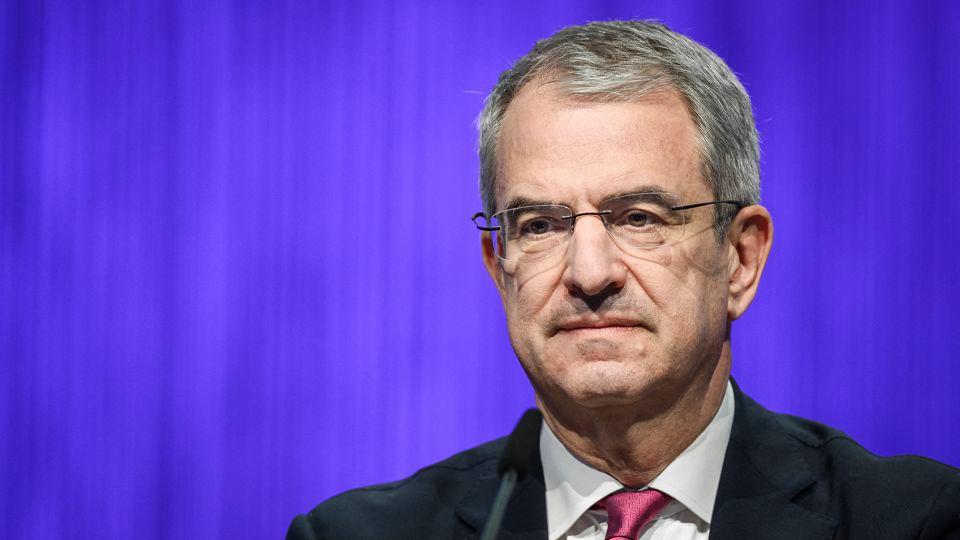By Riad Beladi, International Supermarket News
Nestlé’s decision to fire its Chief Executive Laurent Freixe over an undisclosed romantic relationship has sent shockwaves through the corporate world. Yet while the company frames the dismissal as a matter of compliance and governance, it is difficult to see this as anything other than a harsh, disproportionate act that disregards human reality.
A Loyal Career Cast Aside
Laurent Freixe was not a newcomer or an outsider. He was a man who gave Nestlé nearly four decades of his life, serving in senior positions across continents before finally taking on the role of CEO. He carried the company through turbulent markets, tariff battles, and shifting consumer expectations. For this level of dedication, he deserved recognition and respect. Instead, his legacy has been reduced to a headline about a private relationship.
What Does a Romance Have to Do with Competence?
Let us be clear: there was no fraud, no corruption, no deliberate attempt to damage the company. This was a personal matter—an adult relationship. The question must therefore be asked: what does that have to do with his ability to run the business? If there was no evidence of exploitation, no misuse of power, then the issue should have been managed quietly, with adjustments made to avoid conflicts of interest. To sack a CEO outright, and deny him severance, is not only severe—it borders on vindictive.
A Dangerous Precedent
By setting this example, Nestlé risks creating a chilling corporate culture where personal lives are policed more harshly than professional outcomes. Leaders are expected to deliver results, steer companies through crises, and safeguard shareholder value. If their private relationships—conducted with discretion and without harm—become grounds for termination, then we have entered a world where humanity is stripped from leadership.
This precedent suggests that executives are not allowed to be human beings; they must be flawless symbols, living under constant surveillance. That is not leadership—it is theatre.
The Message to Stakeholders
What Nestlé has done sends the wrong message to shareholders, employees, and the public. Instead of demonstrating stability, it has shown inflexibility. Instead of rewarding decades of loyalty, it has broadcast a corporate intolerance for human imperfection. Instead of protecting its reputation, it risks tarnishing it with accusations of unfair dismissal.
The true cost is not just to Freixe, but to the company’s culture and its credibility. Nestlé preaches fairness and respect, but its actions have shown neither.
A Call for Balance
There must be boundaries in corporate life, but those boundaries should be drawn with common sense. A private relationship, managed responsibly, should never outweigh a lifetime of service and achievement. Nestlé’s board may feel it has safeguarded its “values” by removing Freixe, but in reality, it has undermined them.
This is not a triumph of ethics—it is a failure of fairness. Companies that treat leaders as disposable over personal matters risk losing trust, respect, and, ultimately, talent.
Laurent Freixe’s dismissal was not about governance; it was about image. And in choosing image over humanity, Nestlé has damaged both.


